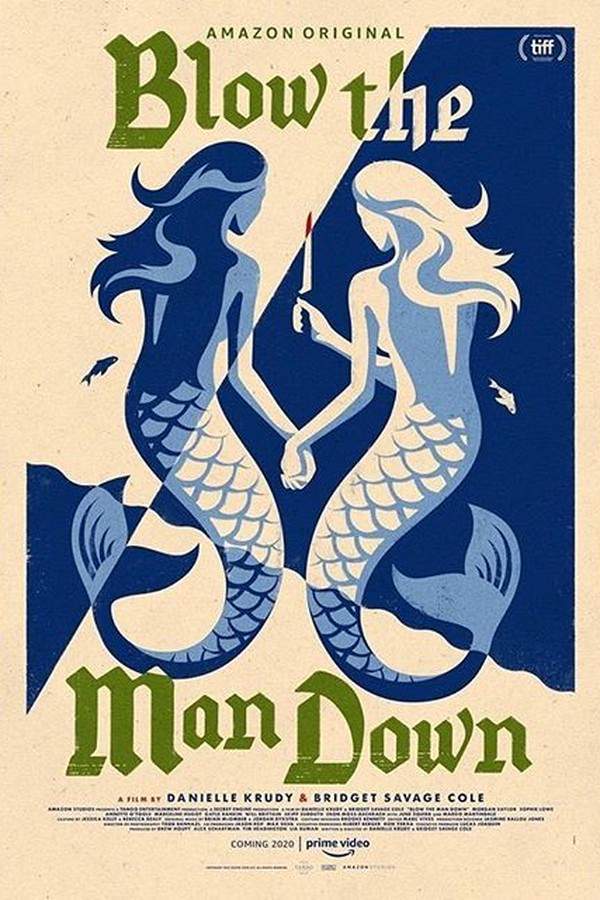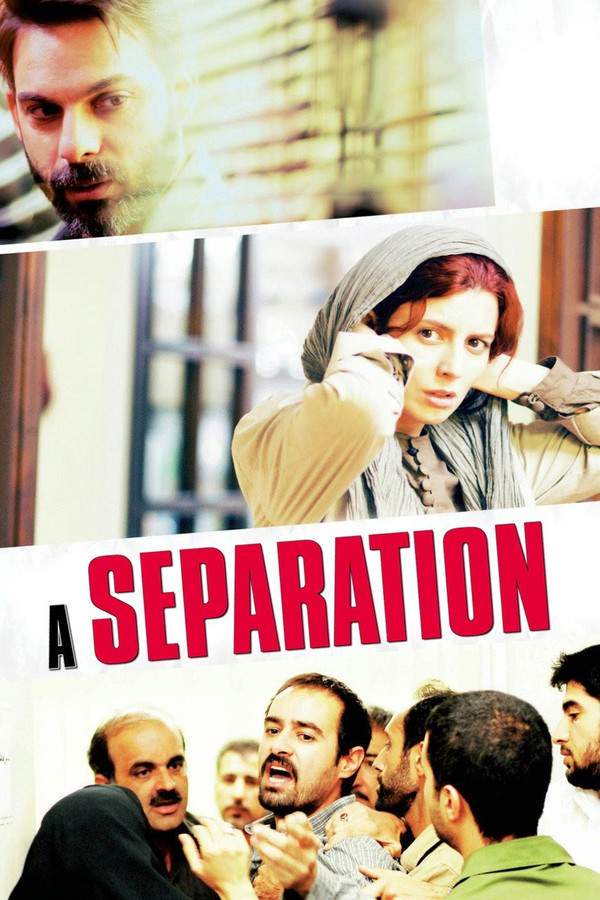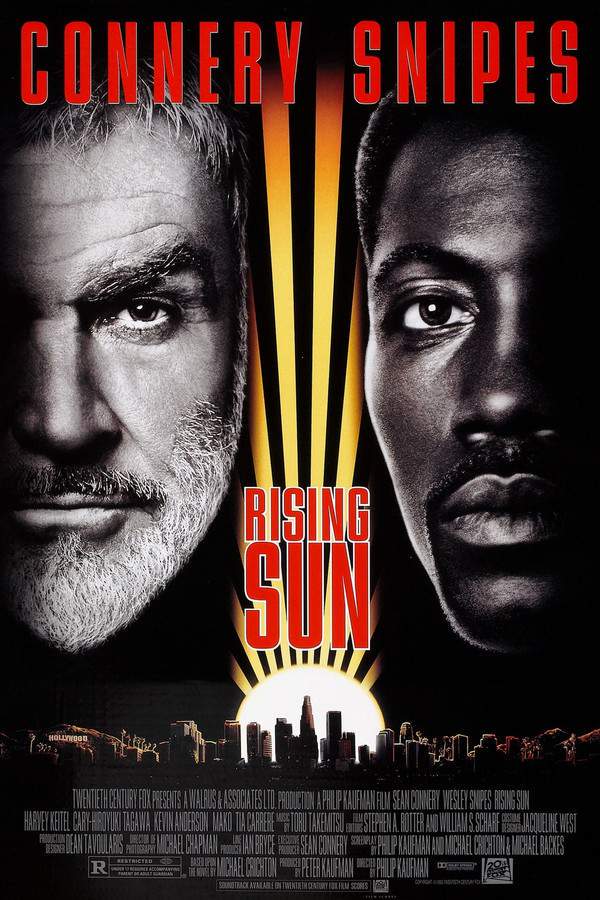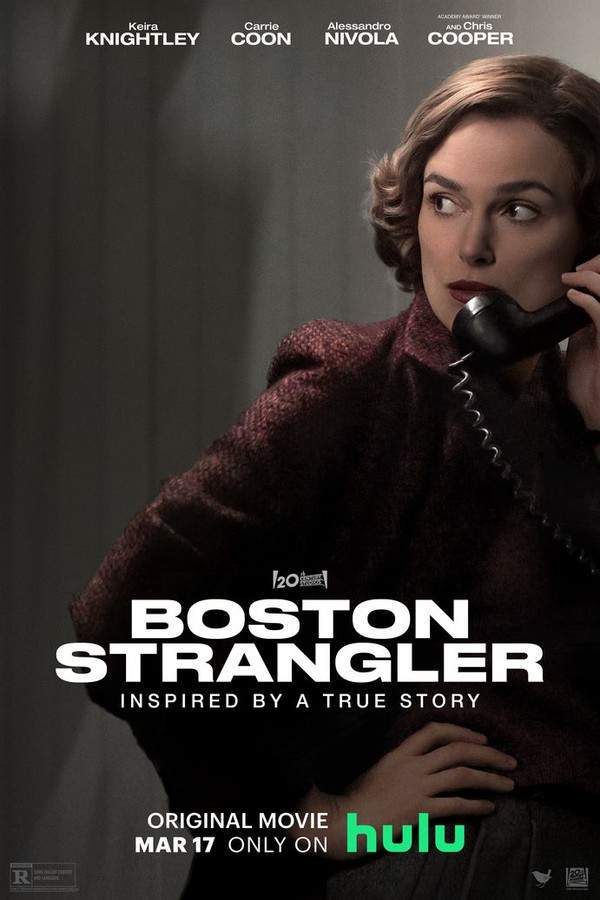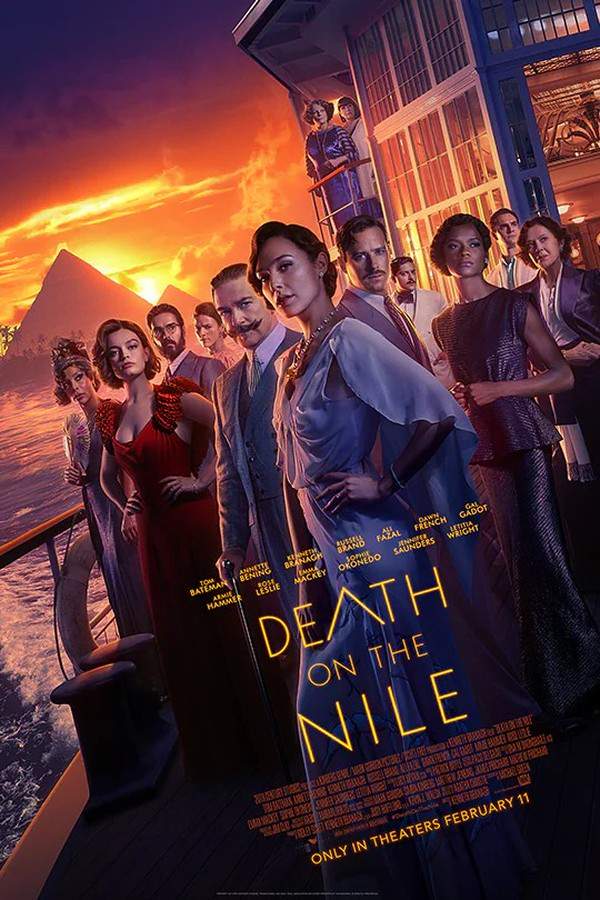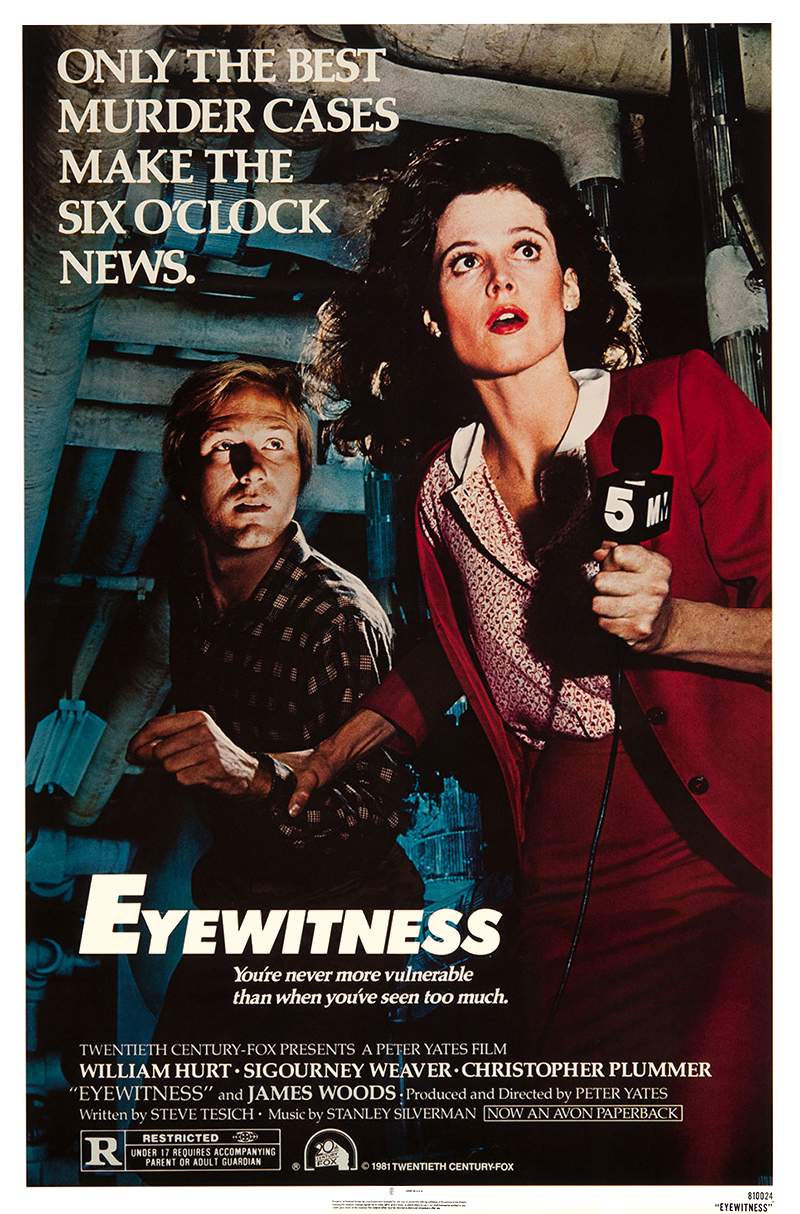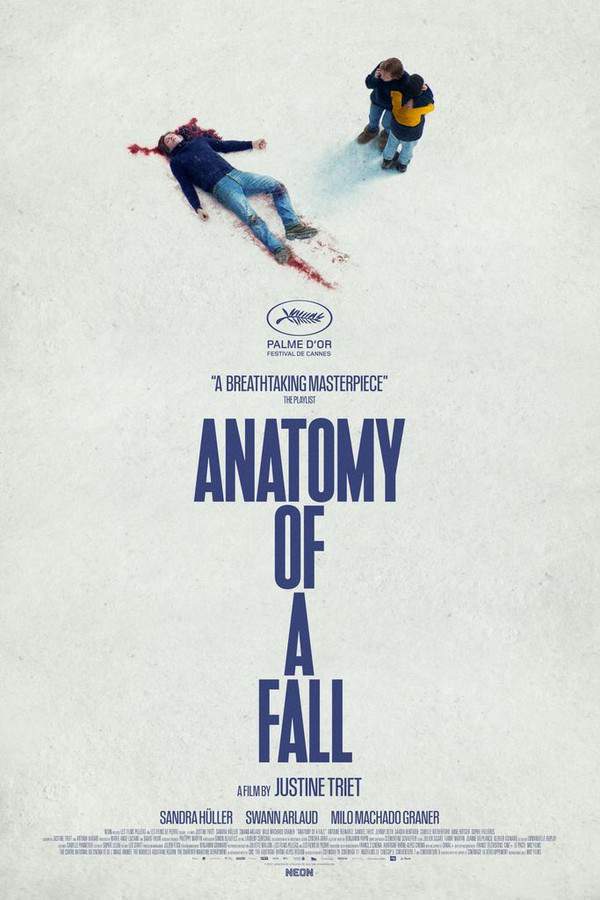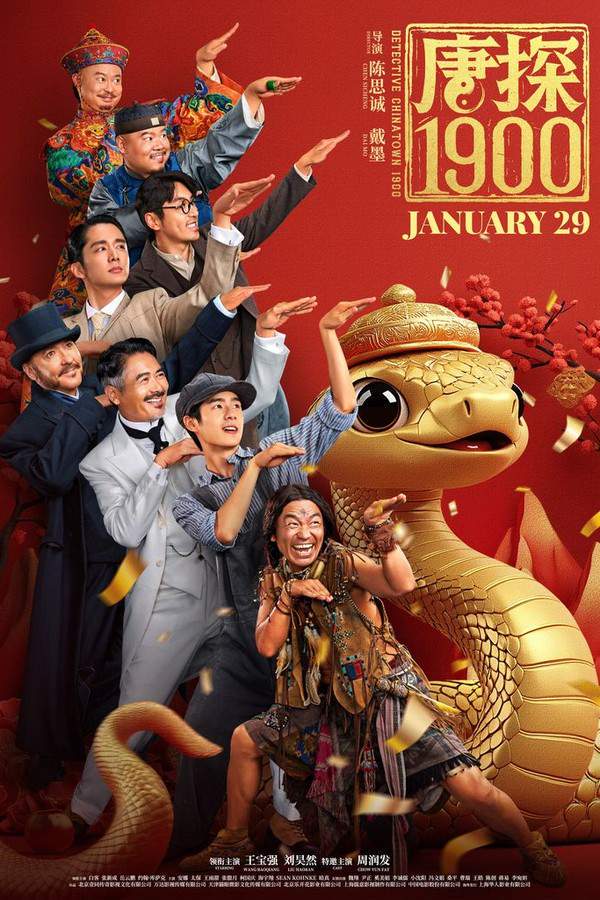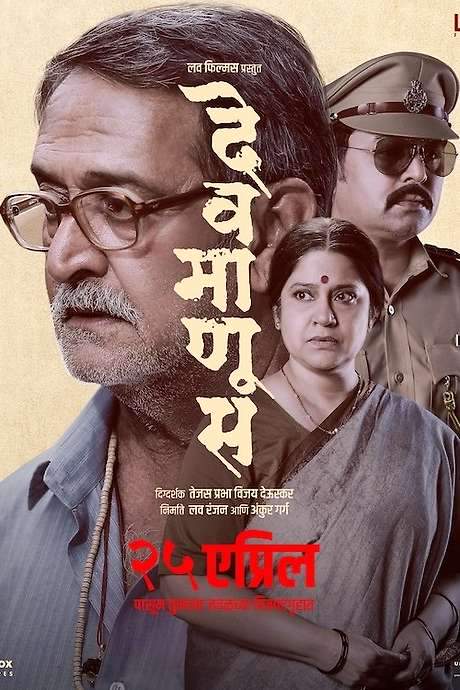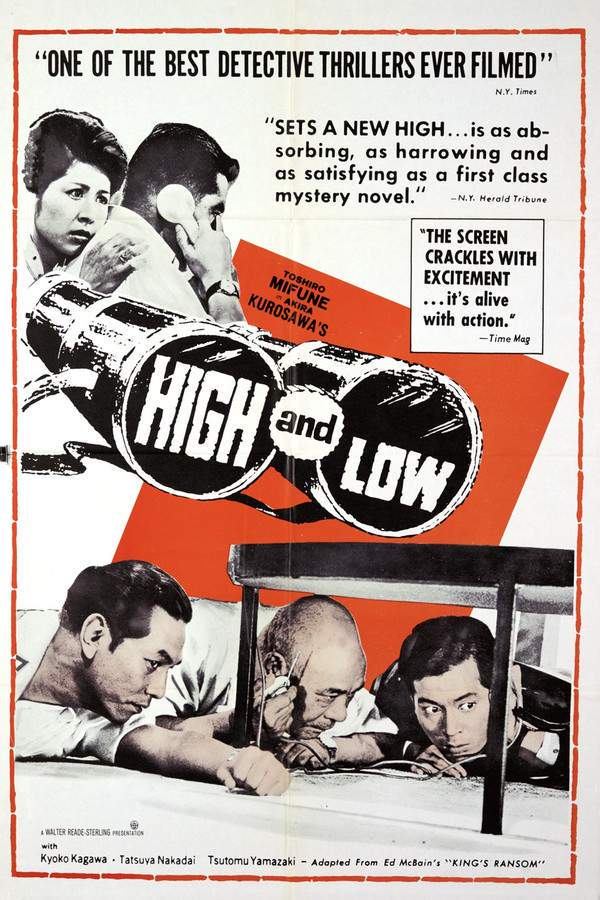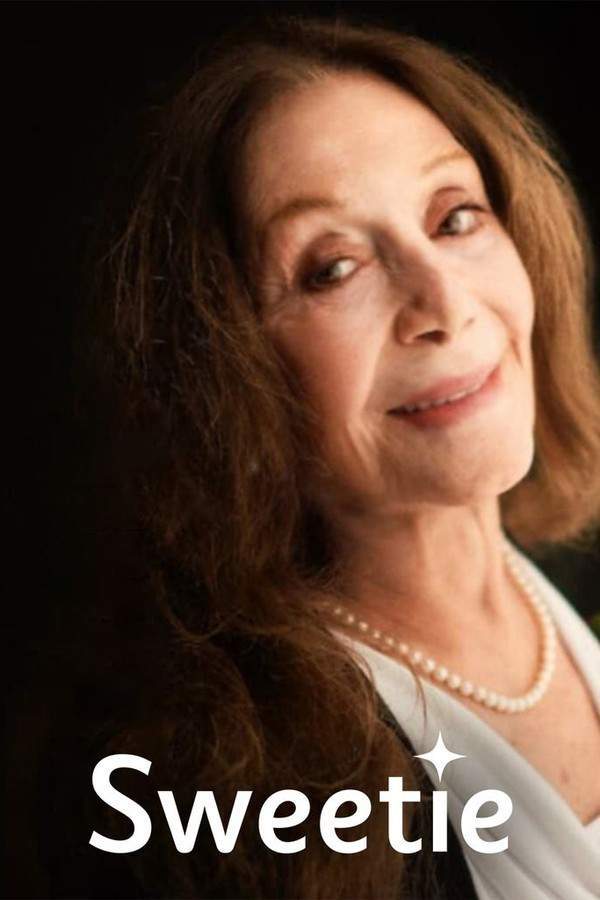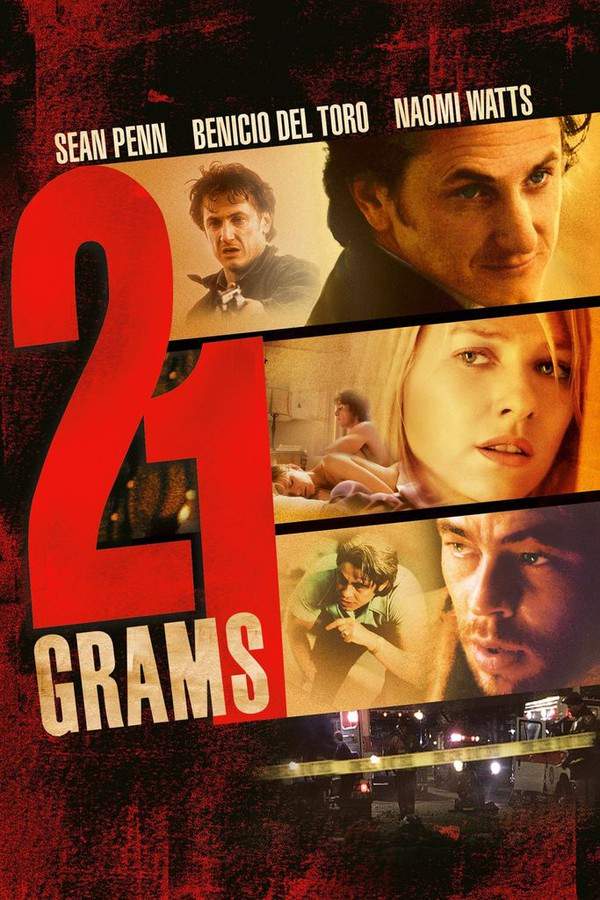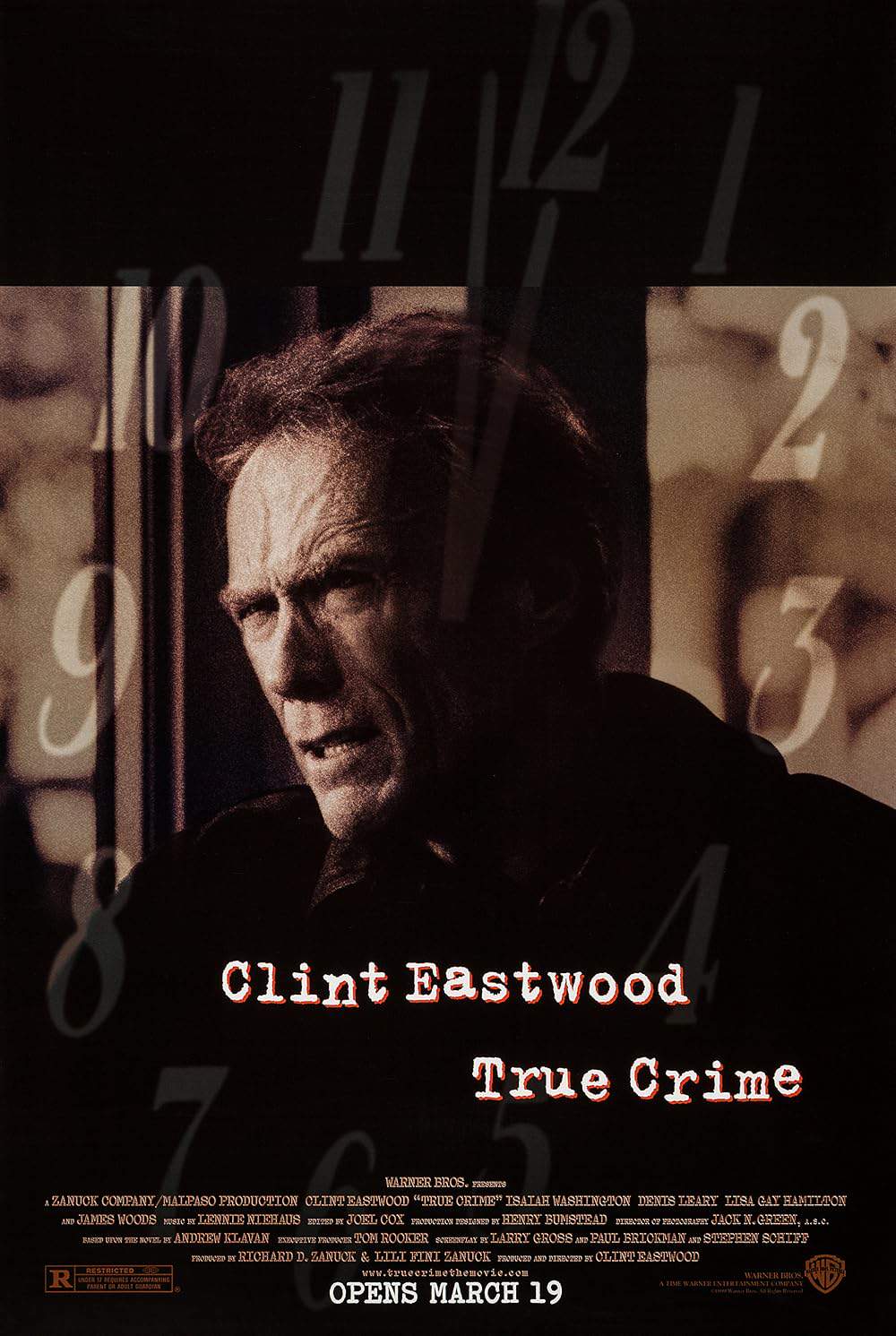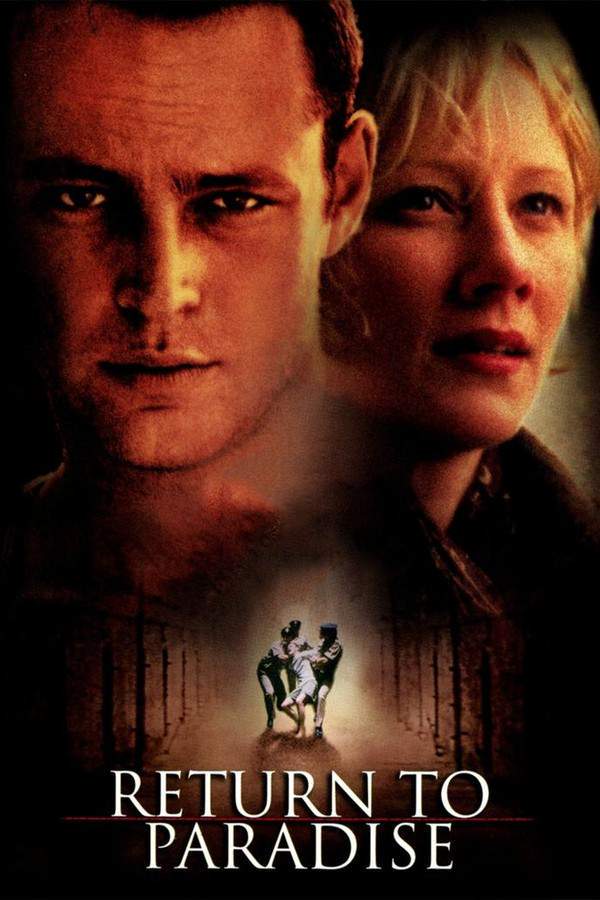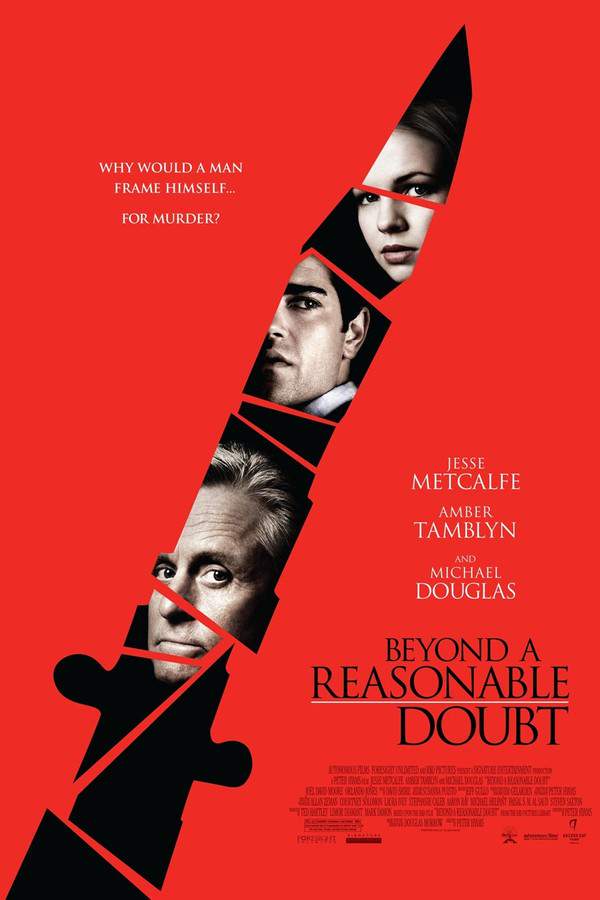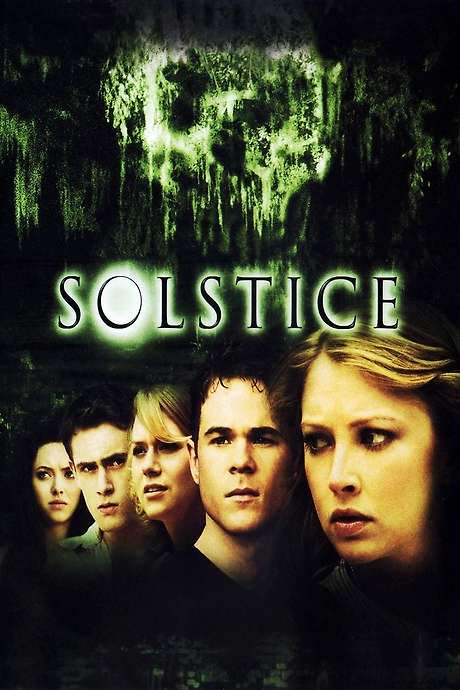
Island in the Sun
Year: 1957
Runtime: 119 mins
Language: English
Director: Robert Rossen
A scandalous tale of politics, social inequality, interracial romance, and murder set on a fictitious British-owned Caribbean island.
Warning: spoilers below!
Haven’t seen Island in the Sun yet? This summary contains major spoilers. Bookmark the page, watch the movie, and come back for the full breakdown. If you're ready, scroll on and relive the story!
Island in the Sun (1957) – Full Plot Summary & Ending Explained
Read the complete plot breakdown of Island in the Sun (1957), including all key story events, major twists, and the ending explained in detail. Discover what really happened—and what it all means.
Maxwell Fleury, a white plantation owner’s son, occupies a precarious space on a small West Indian island where the spring air is thick with social tension. The society around him is a tangle of rigid class lines and racial hierarchies, and his own sense of worth is always measured against the men and women who serve behind the scenes of the island’s wealth. Maxwell [James Mason] is haunted by an inferiority complex that drives him to reckless acts in a bid to prove he is more than a privileged son. His marriage to Sylvia [Patricia Owens], a woman who coldly guards her own fortress of pride, becomes one of the pressure points in a complicated set of loyalties. The two of them inhabit a house where affection flickers but never quite settles, and Sylvia’s suspicions about Maxwell’s fidelity gnaw at him as he spirals.
Across from Maxwell’s home sits the figure of his sister Jocelyn [Joan Collins], radiant and wary in equal measure, who has caught the eye of Euan Templeton [Stephen Boyd], a striking and openly ambitious young man just arrived on Santa Marta to visit his father, Lord Templeton [Ronald Squire], the island’s governor. Euan’s charm and energy offer a stark contrast to Maxwell’s simmering anxieties, and as he courts Jocelyn, the social gatekeepers tighten their grip around both of them. The gleam of Oxford prestige and the promise of a modern future bump against inherited titles and colonial power, and the future of the Fleury clan seems to hinge on a single decision that could tilt the balance of the island.
Meanwhile, a different current runs through the island’s political fabric. David Boyeur [Harry Belafonte], a rising and daring black union leader, moves into the center of power with both poise and menace. He is seen by some as a threat to the old white ruling class, yet Templeton himself seeks to court him as a potential ally—an offer that illustrates the intricate dance of diplomacy, race, and ambition that defines life on Santa Marta. Mavis Norman [Joan Fontaine], the widow of Arthur Fleury, the elder scion of the plantation line, finds herself drawn to David, and their growing rapport becomes a charged triangle of attraction, tension, and potential upheaval for the island’s carefully calibrated social order.
On the other side of the social spectrum, Denis Archer [John Justin], Governor Templeton’s aide-de-camp and an aspiring writer, notices Margot Seaton [Dorothy Dandridge], a mixed-race beauty determined to build a better life through hard work and opportunity rather than relying on charm alone. Denis wins her away from David and helps her secure a job as a secretary in the governor’s office. The budding romance between Denis and Margot underscores the way ambition and romance intersect with who gets to rise in a society built on inherited status.
The story takes a darker twist when Maxwell’s insecurities erupt into violence. In a moment of jealousy, he misreads a situation and strangles Hilary Carson [Michael Rennie], a former war hero who lives a single life and catches Maxwell’s eye in a way that unsettles him. Maxwell then tries to cover the crime by making it look like a robbery. Colonel Whittingham [John Williams], the island’s cunning police chief, begins to piece together the truth and tests Maxwell with questions and insinuations drawn from the darkest corners of human psychology. Whittingham’s method signals the novel’s philosophical center: the detective work is less about the crime itself than about the moral and existential questions raised by it, with hints that echo Dostoevsky’s Crime and Punishment.
As the relationships on the island intensify, Euan’s feelings for Jocelyn grow deeper, and she delays proposing marriage to ensure that “everything is right” before committing to a life that will bring her under the weight of titles and expectations. The tension between personal desire and social obligation becomes the central drumbeat of the island’s spring. Maxwell, meanwhile, decides to run for the legislature, hoping to prove his worth on the public stage. The political wind shifts abruptly when a visiting American journalist, Bradshaw [Hartley Power], publishes an exposé that reveals Maxwell’s paternal grandmother was part black—a fact that the world, and Maxwell himself, would rather pretend does not exist. The revelation lands with a heavy thud, and the island’s elite respond with a combination of denial and bravado, while the old guard looks for a way to preserve its legitimacy and control.
The revelation sets off a public crisis. In a moment of public ceremony, Maxwell first openly embraces his bi-racial heritage, a moment intended to signal progress and reconciliation, but it is met with jeers from a black crowd on the square, inadvertently manipulated by David’s provocations. The crowd’s reaction reveals how fragile even the appearance of unity truly is on this island. Humiliated, Maxwell backtracks, denounces his black heritage, and lashes out at those around him, showing how quickly pride can morph into repudiation in a society built on lines that cannot easily be crossed.
The plot thickens when Jocelyn discovers she is pregnant with Euan’s child. The looming question of lineage forces a dramatic and painful confrontation: Jocelyn’s mother reveals a long-hidden truth—that Julian Fleury [Basil Sydney], not her father, is the man who fathered the Fleury line, a revelation that ripples through the family and redefines the path forward for Jocelyn. The weight of this secret shifts the family’s dynamics and adds another layer to Maxwell’s already precarious sense of belonging. Maxwell, cornered by Whittingham’s steady pursuit and the blow of social disgrace, contemplates his fate and ultimately chooses to surrender to the police, a broken man seeking to end a spiral of judgment and retribution that he can no longer bear.
In the aftermath, Jocelyn and Euan wed and depart for England, followed by Margot and Denis, who also begin anew life across the ocean. Mavis continues to pursue a serious relationship with David, but his resolve hardens; he insists on staying within his own race to be accepted by his people, and, with reluctance and sadness, she accepts his decision. The couple parts at the beach as the sun sinks, and David walks back to town alone, the weight of unrequited love and the limits of social change pressing down on him as dusk settles on the island.
What remains is a portrait of a society at a crossroads, a place where love and ambition collide with inherited power and inherited bias. The island’s four couples map a spectrum of desire, loyalty, fear, and resignation, showing how the stinging ache of inequality can ripple through intimate relationships and alter the course of entire lives. The film’s coexistence of romance, violence, political maneuvering, and social critique creates a layered, morally complex narrative that asks not just what people do, but why they do it—and what it costs when the old order refuses to bend.
Last Updated: October 09, 2025 at 10:51
Explore Movie Threads
Discover curated groups of movies connected by mood, themes, and story style. Browse collections built around emotion, atmosphere, and narrative focus to easily find films that match what you feel like watching right now.
Dramas about societal pressure like Island in the Sun
Stories where the cracks in a rigid social order erupt into personal crises.If you were captivated by the social friction in Island in the Sun, this thread features movies that dissect communities under strain. Discover similar stories exploring racial tension, political ambition, and moral conflict in closed-off settings, where personal desires clash with oppressive societal norms.
Narrative Summary
Stories in this thread typically center on a communal setting where a deeply ingrained social hierarchy is challenged by personal relationships, ambitions, or a single disruptive event. The narrative follows multiple characters whose lives intertwine, revealing the hypocrisy and fragility of the system, often culminating in a crisis that forces characters to choose between conformity and rebellion.
Why These Movies?
These films are grouped by their shared focus on a 'society-on-the-brink' theme. They share a heavy emotional weight, a tense tone, and a complex narrative structure that weaves together multiple perspectives to critique a larger system, making the setting itself a central character.
Movies with bittersweet endings like Island in the Sun
Character-driven dramas where difficult choices lead to a poignant, realistic resolution.If you appreciated the nuanced, bittersweet conclusion of Island in the Sun, this collection is for you. Find other heavy dramas where characters grapple with impossible choices, leading to endings that mix hope with loss, offering a realistic and emotionally resonant conclusion to complex moral stories.
Narrative Summary
The narrative pattern follows protagonists as they navigate a web of conflicting loyalties, ambitions, and ethical boundaries. The central conflict is internal as much as external, forcing characters to compromise their ideals. The resolution acknowledges the price paid, offering a sliver of hope or peace for some, but rarely a clean victory, leaving a lasting emotional impact.
Why These Movies?
These films are unified by their bittersweet emotional payoff and heavy thematic weight. They share a steady pacing that allows for deep character exploration, a tense or melancholic tone, and a focus on the grey areas of morality, resulting in an ending that feels earned and emotionally truthful.
Unlock the Full Story of Island in the Sun
Don't stop at just watching — explore Island in the Sun in full detail. From the complete plot summary and scene-by-scene timeline to character breakdowns, thematic analysis, and a deep dive into the ending — every page helps you truly understand what Island in the Sun is all about. Plus, discover what's next after the movie.
Island in the Sun Timeline
Track the full timeline of Island in the Sun with every major event arranged chronologically. Perfect for decoding non-linear storytelling, flashbacks, or parallel narratives with a clear scene-by-scene breakdown.

Characters, Settings & Themes in Island in the Sun
Discover the characters, locations, and core themes that shape Island in the Sun. Get insights into symbolic elements, setting significance, and deeper narrative meaning — ideal for thematic analysis and movie breakdowns.

Island in the Sun Spoiler-Free Summary
Get a quick, spoiler-free overview of Island in the Sun that covers the main plot points and key details without revealing any major twists or spoilers. Perfect for those who want to know what to expect before diving in.

More About Island in the Sun
Visit What's After the Movie to explore more about Island in the Sun: box office results, cast and crew info, production details, post-credit scenes, and external links — all in one place for movie fans and researchers.

Similar Movies to Island in the Sun
Discover movies like Island in the Sun that share similar genres, themes, and storytelling elements. Whether you’re drawn to the atmosphere, character arcs, or plot structure, these curated recommendations will help you explore more films you’ll love.
Explore More About Movie Island in the Sun
Island in the Sun (1957) Scene-by-Scene Movie Timeline
Island in the Sun (1957) Movie Characters, Themes & Settings
Island in the Sun (1957) Spoiler-Free Summary & Key Flow
Movies Like Island in the Sun – Similar Titles You’ll Enjoy
A Place in the Caribbean (2017) Detailed Story Recap
A Sun (2019) Plot Summary & Ending Explained
Holiday in the Sun (2001) Full Summary & Key Details
The Island of the Bloody Plantation (1983) Detailed Story Recap
The Island (1980) Full Summary & Key Details
Dead Man’s Island (1996) Story Summary & Characters
White Shadows in the South Seas (1928) Movie Recap & Themes
Wide Sargasso Sea (1993) Detailed Story Recap
Island of 1000 Delights (1978) Complete Plot Breakdown
Virgin Island (1959) Complete Plot Breakdown
Temptation Under the Sun (2022) Full Movie Breakdown
Small Island (1000) Detailed Story Recap
Men in Exile (1937) Story Summary & Characters
Affair in Trinidad (1952) Full Summary & Key Details
The Manxman (1929) Ending Explained & Film Insights

